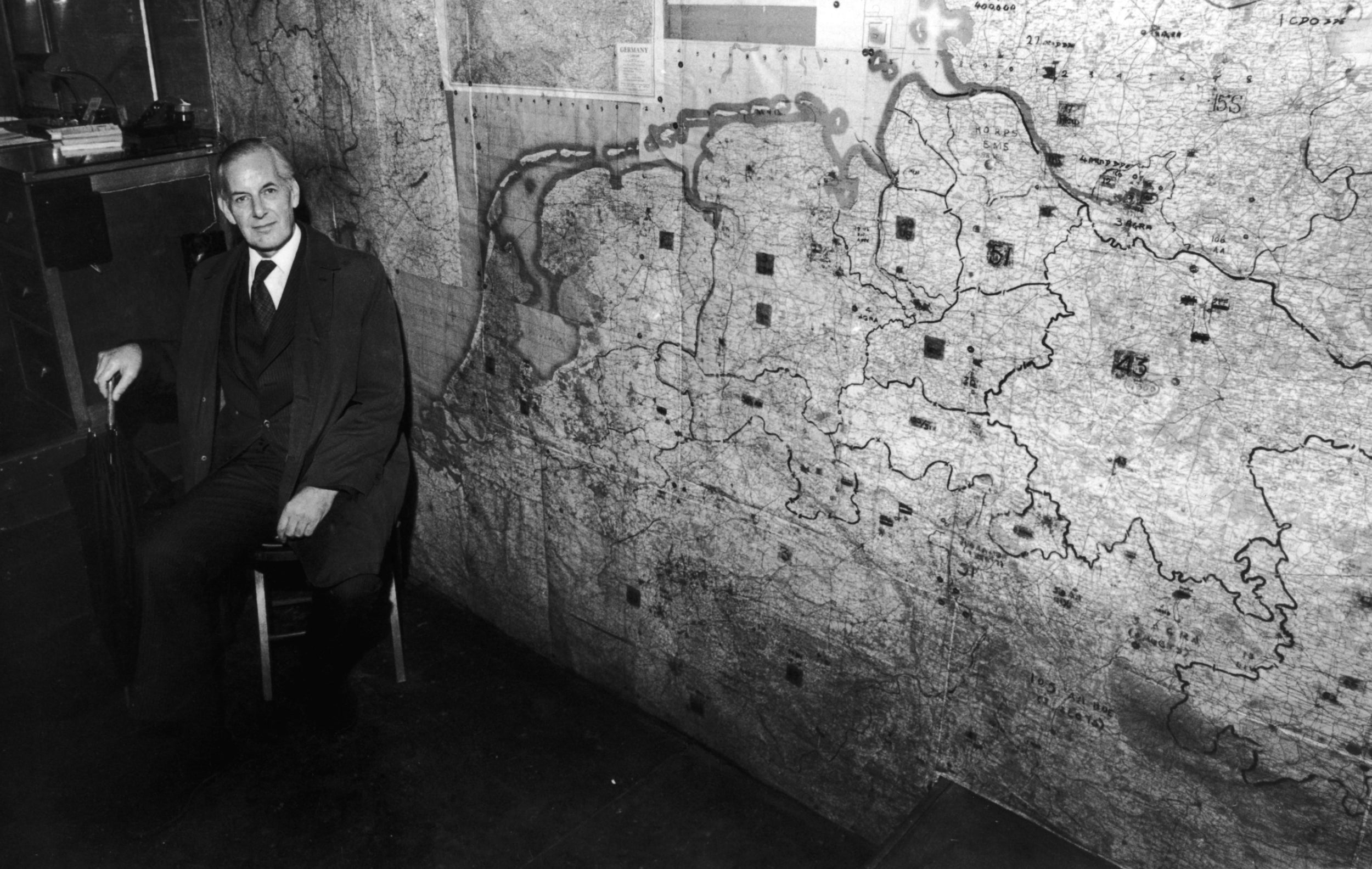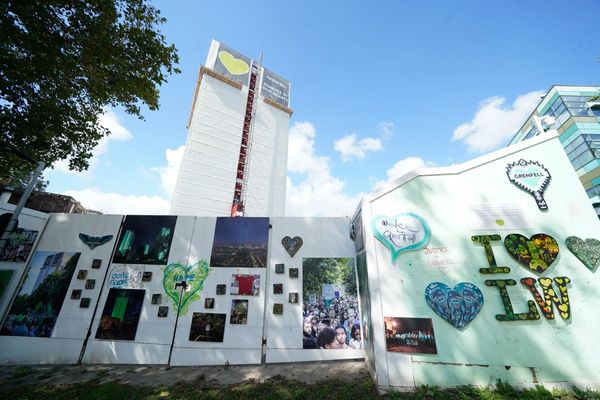
Noble Frankland, who has died aged 97, was a former wartime RAF navigator who was instrumental in the transformation of the Imperial War Museum during more than two decades as its director general.
He was born Anthony Noble Frankland in 1922 to Maud and Edward Frankland, a gentleman farmer in Westmorland, now Cumbria. Frankland was educated at Sedbergh School and went up to Trinity College Oxford, where he read history. His studies were interrupted when, in 1942, he was called up for wartime service.
He joined RAF Bomber Command, serving for the next four years as a navigator onboard the Avro Lancaster bombers of No 50 Squadron. Remarkably, he was able to successfully complete 34 missions, at a time when survival rates for air personnel on these operations were pitifully low. He was awarded the Distinguished Flying Cross in 1944 before being demobbed a year later, going on to complete his studies at Oxford.
Having faced adversity at war, a further challenge came when, as a military historian to the Cabinet Office between 1951 and 1958, he and his co-author Sir Charles Webster documented the RAF strategic air offensive against Germany. In their writing for the official History of the Second World War series, the pair discovered that the impact of the bombing on the German war machine and civilian population differed significantly from the previously accepted view.
Their research demonstrated that the intensive bombings of Dresden were both ineffective and inaccurate, leading to unnecessary RAF aircrew and German civilian casualties. On its publication in 1961 the work was criticised by much of the British press for its interpretation and apparent criticism of this aspect of the military campaign. Frankland later recalled: “There were fierce and threatening attacks from some of the great figures of the Second World War.”
However, Frankland was later both exonerated and amused when, in 1979, an RAF official history described their work as “an exhaustive and scholarly account of Bomber Command’s defeats and triumphs, and the final and decisive contribution to the defeat of Germany”.
Frankland then worked briefly at the Royal Institute of International Affairs. His career took a dramatic turn in 1960 when, on his way to the office by train, he discovered an advertisement in The Times for the post of director general at the Imperial War Museum (IWM) and decided to apply.
The museum had been founded in 1917 and relocated in 1936 to the buildings of the earlier Bethlem psychiatric hospital on Lambeth Road, Southwark. When Frankland took over as director general, it was a tired and dilapidated institution, physically and in morale.

Over the next two decades he transformed the buildings, renovating and extending the estate, creating a dedicated cinema and adding sites at IWM Duxford in 1976 and HMS Belfast in 1978. The museum’s previously neglected document and photographic archives were brought to life, to the delight of visitors and military researchers alike.
The Churchill War Rooms, which Frankland and his team had conceived as a visitor attraction during his time in office, were opened in 1984. Over his tenure staffing increased from 70 to 342, reflecting higher visitor numbers and the much improved status of the institution, which by the time of his retirement had become one of the leading centres for the study of conflict.
Frankland faced yet another challenge in October 1968 when the IWM suffered an arson attack by a protester, Timothy Daly, against what he saw as the institution’s promotion of militarism. Precious archives and artefacts perished in the fire. Daly was convicted for arson and jailed for four years. Once again, Frankland’s determination saw the IWM soon repaired and reopened to the public.
Beyond his IWM official role, Frankland wrote widely on military history, including Bomber Offensive: The Devastation Of Europe (1970), a key reference work. He was appointed CBE in 1976 and a CB in 1983, and in 2016 received the Legion d’Honneur, in recognition of his involvement in the liberation of France.
Frankland retired from the IWM in 1982 and married Sarah Davies, who died in 2015. He is survived by a son and daughter from his earlier marriage to Diana Tavernor, who died in 1981, and his three stepchildren.
Anthony Noble Frankland, military historian, born 4 July 1922, died 31 October 2019







